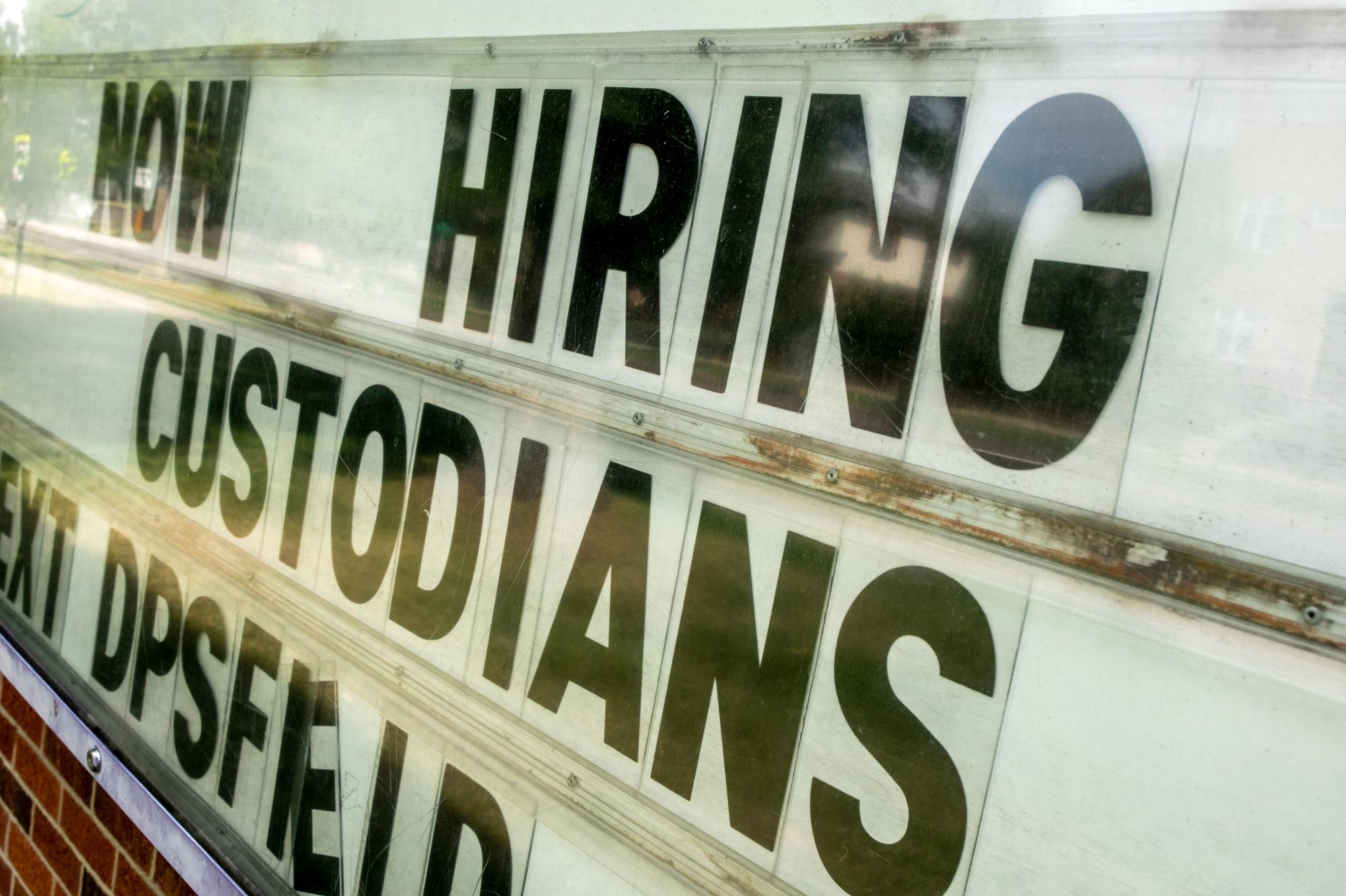
Update: We reported on Sept. 10 that The Colorado Department of Labor and Employment expects to begin paying out a $300 federal unemployment benefits by the end of the week of Sept. 14. The state has approval to pay five weeks of the extra benefit, including retroactive payments.
State officials in Colorado don’t know when or whether they’ll start paying the unemployment supplement created by President Donald Trump’s latest executive order.
Until recently, most unemployment recipients across the country were getting an extra $600 per week through an emergency federal program approved by Congress. That supplement expired at the end of July, and negotiations in Washington have failed to produce a replacement so far.
On Saturday, Trump ordered a new boost to be paid by the federal government. The order could pay $300 in weekly federal benefits for people who receive at least $100 per week through existing unemployment programs, including regular unemployment and the Pandemic Unemployment Assistance program.
But unemployment programs are run by individual states like Colorado, not the federal government. That means each state must now figure out how to implement Trump's order.
Colorado is “still awaiting technical guidance from the US Department of Labor on options for implementation within the states,” wrote Cher Roybal Haavind, deputy executive director of the Colorado Department of Labor and Employment, in an email.
“We need additional guidance from the US Department of Labor before we can make any comments around feasibility and timelines for implementation.”
The biggest questions are about the program’s funding.
Trump’s order would attempt to increase benefits by $300 weekly by tapping the Coronavirus Relief Fund.
But there’s a catch: The order requires states to provide a $100 weekly match for the federal money, which the order claims is required by law. The details of that match are the biggest question right now for state officials, Haavind said.
“Until more information is provided regarding financing and state options regarding the $100 state contribution, we are unable to comment on the viability of implementation of this assistance program within the state of Colorado,” she wrote.
It's unclear how much money Colorado would need to cover its portion. The best case for the state is that the federal government would simply count existing unemployment benefits as the "match."
In other words, the state may not have to pay any extra money to get the federal boost, as long as it is already paying a person at least $100 per week in benefits. That would mean that, while the president's order has been touted as a $400-a-week boost to benefits, people may only see an extra $300 each week in total.
"That is our initial understanding but that is one area that we are seeking technical clarification on from USDOL," wrote Jeff Fitzgerald, director of the Division of Unemployment Insurance.
The administration has given mixed messages. Trump on Sunday said that states could ask the feds to cover their portion. The same day, an official told The Wall Street Journal that the states were "encouraged, but not required" to pay an extra $100 weekly. And on Monday, CNN reported that the Department of Labor would count current benefits toward the match.
But if the feds don't count current benefits, Colorado would have to come up with roughly $30 million a week to cover its portion. The state has already slashed its budget and committed much of its coronavirus relief funds elsewhere. Gov. Jared Polis said on Monday that Colorado could pay the extra costs for just a few weeks.
Trump's order also says that states should have a plan to keep paying the benefits through the end of the year, even after federal funding runs out. Currently, there's only enough federal money for about five weeks of the enhanced benefits, according to the nonprofit Committee for a Responsible Federal Budget.
The order also excludes thousands of people in Colorado. About 6% of the state’s unemployment claimants are getting less than $100 per week, meaning that they won’t qualify for the extra $300 under Trump’s orders.
That could be especially painful for “mixed income” freelance workers who, for technical reasons, have been stuck with very low base payments. Mark Levy, a musician from Colorado, was making only $38 per week after the federal supplement expired. He runs a Facebook group of people in the same situation.
“They told us they were trying to do something (to help),” he said. “Now, the only real action is this insult to the injury. There’s just disbelief.”
The wait begins.
Any changes to the state's unemployment system can take significant time to implement: It took about three weeks for Colorado to process the last federal boost. Trump's executive order also could face legal challenges, since Congress, not the president, is supposed to control spending.
Colorado is paying unemployment benefits to roughly a quarter-million people per week. The portion of the state’s workforce on unemployment is about 9% -- nearly three times higher than its peak in 2010.
The national labor market has started to recover amid a stop-and-start reopening, but millions of jobs are still missing, especially in the lower-paid service and hospitality industries.









